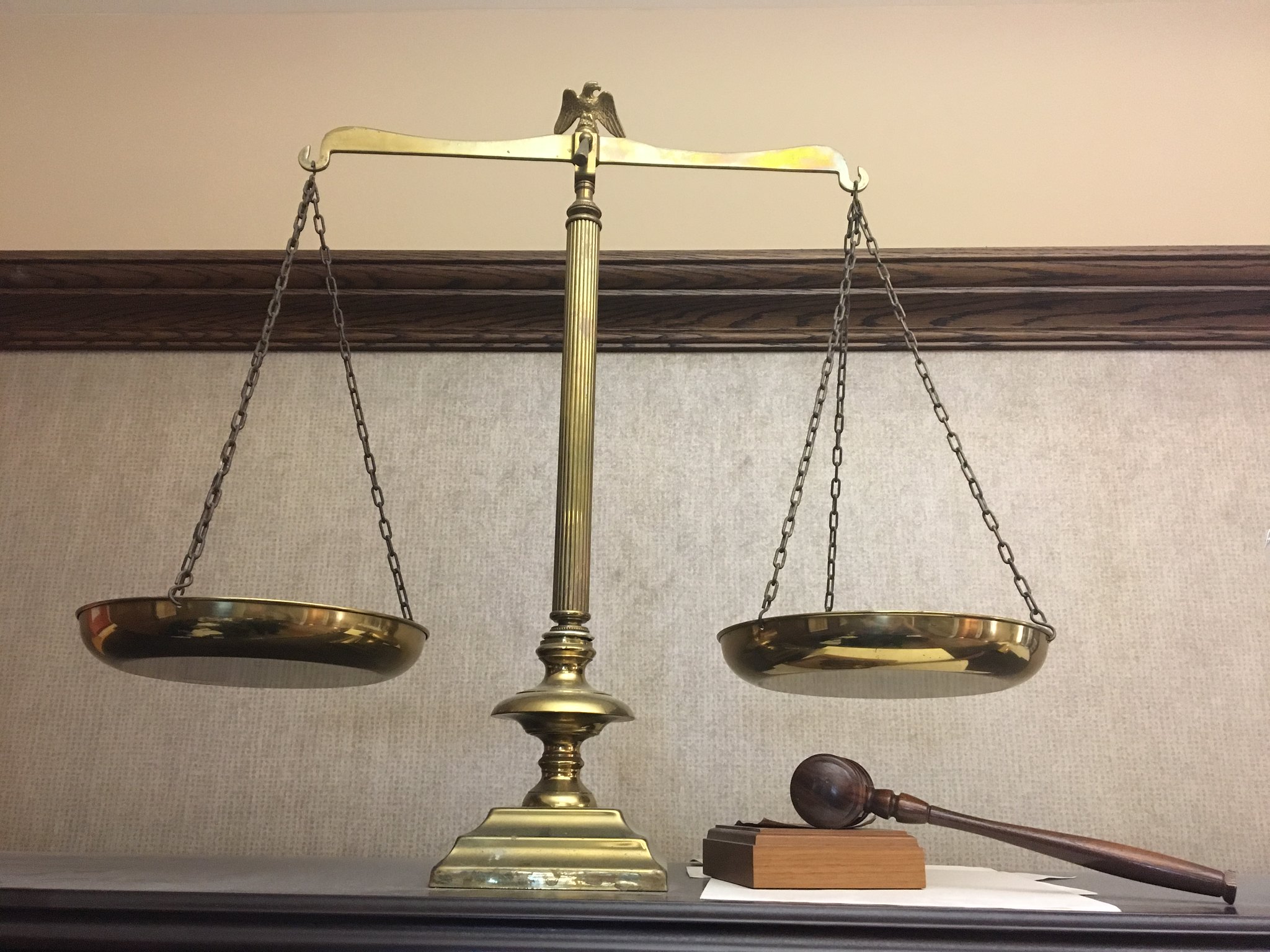We cannot retain a Prime Minister who does not act constitutionally if we wish to remain a First World democracy
In British Commonwealth countries the rule of law is a long-established principle relating to the way in which the country is governed, dating from Magna Carta in 1215 and the Bill of Rights in 1689. A V Dicey wrote of the twin pillars of the constitution in his classic work Introduction to the Study of the Law of the Constitution in 1885. The two pillars are the Rule of Law and Parliamentary Sovereignty.
Our constitution derives antecedently from antiquity. The Greek philosopher Aristotle flatly opposed letting the highest officials wield power beyond guarding and serving the laws. The Roman statesman Cicero is attributed as saying: “We are all servants of the laws in order to be free.”
John Locke, in his Second Treatise of Government (1690), summarises “freedom of men under government” as: “To have a standing rule to live by, common to every one of that society, and made by the legislative power erected in it.”
“Where the rule prescribes not,” says Locke, a man must be at “liberty to follow [his] own will in all things … and not to be subject to the inconstant, uncertain, unknown, arbitrary will of another man.”
It is these constitutional principles, and these alone, which establish New Zealand as a First World country.
The quality of a country is entirely dependent on its lawful and proper governance which, in turn, derives from the level of adherence its government has to the rule of law. The Prime Minister is, and must remain at all times, a servant of the country and of these principles.
A high level of adherence provides citizens with confidence both in the rules of society and the way in which enforcement agencies, such as the police and courts, handle those rules. A low level of adherence results in unpleasant societies to live in, ruled coercively by dictators, and which are riddled with corruption, nepotism, crime and violence.
There are roughly 200 nations in the world today, of which 193 are members of the United Nations. In less politically correct times these used to be grouped into the First World and the Third World or, more recently, into ‘developed’ and ‘developing’ nations. If we were to rank these countries according to a freedom and transparency index, as various agencies have sought to do, we would see that the vast majority of nations are poorly governed and fundamentally un-free.
The principal Anglosphere nations form a group of five. In total there are probably no more than fifteen to twenty properly-democratic, First World nations whose citizens are fully at liberty and whose governments and societies function freely under the law as defined by a sovereign parliament.
We should not take it for granted that we will remain one of these nations.
When our Prime Minister locked down the country and changed beyond measure the lives of five million people, she appears to have done so despite official advice that enforcement of the lockdown was not lawful. The National Party offered to help her legislate for Levels 3 and 4 of the lockdown, but she refused – preferring to act unilaterally.
The question is not whether the COVID-19 lockdown was effective in controlling the disease, or whether the public is supportive of her actions – although much has been written on these points.
The questions we should be asking are: Why did she knowingly abandon the rule of law? And: Are we now willing to be ruled by a dictator under a dictatorship?
If Ardern doesn’t go then it can only be because we no longer wish to be a First World democracy and a free society.
If you enjoyed this BFD article please consider sharing it with your friends.

